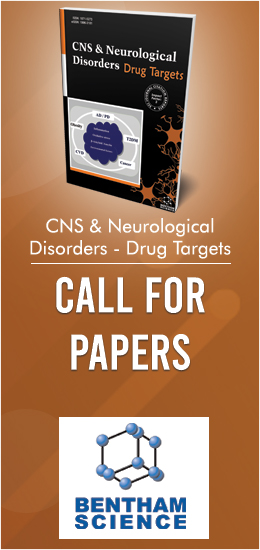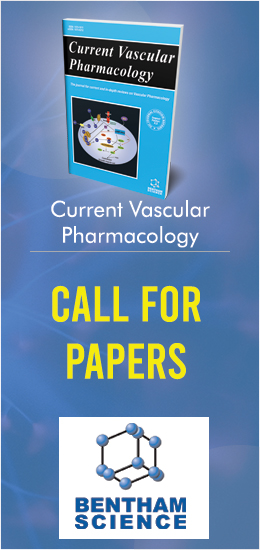Use of Ceftriaxone Powder in Spinal Surgery Infection: A Comparative Case Study on the Rate of Wound Infection
Mamman Muhammad Lawal1, Faisal Muhammad2, *, Abuhuraira Ado Musa3, Shuaib Sani Shuaib2, Yusuf Muhammad Abdullahi4, Hadija Yamman Usman5
Abstract
Background:
Surgical Site Infection (SSI) due to spinal surgeries is relatively frequent complication with significant morbidity that results in a prolonged stay in the hospital, need for reproaches, prolonged chances of recovery, and loss of instrumentation. This study was conducted on the patients who underwent a spinal fusion with antibiotic powder wound application compared to a control group.
Case Presentation:
A retrospective study involving spinal fusion was conducted between March and August 2018 in which antibiotic powder was used and all spinal fusion in the previous six months as control. Data was gathered from patients’ case notes. Fifty-eight patients underwent a spinal fusion with antibiotic powder wound application between March and August 2018. While 68 patients had spinal fusion between August 2017 and February 2018, in which antibiotic powder was not applied to the wound during closure. Thirty-six (62.0%) surgeries were performed in the cervical spine, while 22 (38.0%) for the thoracolumbar spine were in the antibiotic group. In the group without antibiotic use, 39 (57.0%) were cervical spine surgeries, while 29 (43.0%) were thoracolumbar surgeries.
Conclusion:
Our study showed that the rate of SSI was nonexistent in patients with antibiotic powder during wound closure compared to the control, which recorded a 7.4% rate of SSI. However, a study on a larger population of patients is required to ascertain whether this procedure should be promoted.
* Address correspondence to this author at the Department of Public Health, Faculty of Allied Health Sciences, Daffodil International University, Dhaka, Bangladesh; E-mail: fokkanya@yahoo.com











